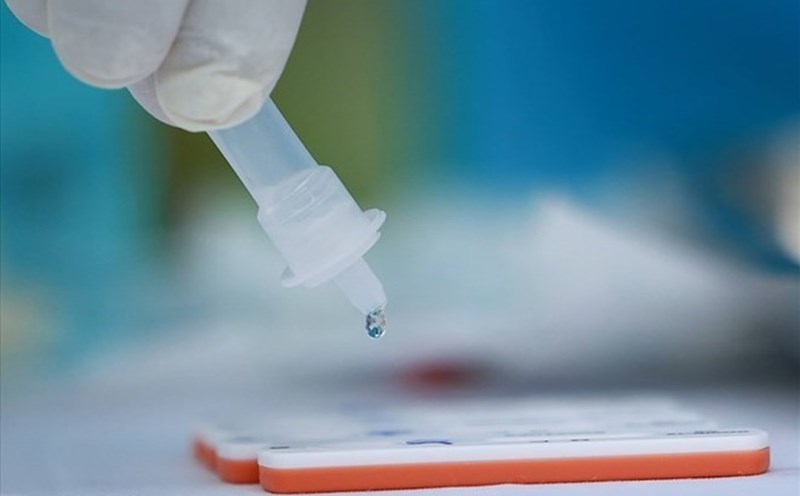The problem can only handle the top
In the context of counterfeit, fake, and poor quality goods still penetrating the market and becoming more and more sophisticated, many businesses that do business honestly not only suffer economic losses but are also tired of the fight to protect their brands. Having directly experienced this problem for decades, Mr. Nguyen Ngoc Ty - CEO of Non Son Fashion Company Limited, shared that this problem is still only being handled at the core. The subjects who forged and counterfeit the Non Son brand still exist, while the handling measures are not enough to deter or do not go to the core.
Similar to the situation, Mr. Horikawa Masashi - Chief of Office of Acecook Vietnam - said that the company owns many brands familiar to consumers, so it often becomes a subject of forgery, from the name to the packaging.
A typical recent incident is counterfeit Hao Hao salt, he emphasized and said, this is a serious problem that not only damages the brand but also directly affects the health of consumers.
Counterfeit goods are increasingly sophisticated, while genuine businesses still have to struggle to protect brand value. To keep this battle " lasting", businesses recommend a stronger legal system, stricter sanctions and close coordination from authorities, businesses to consumers.
The "arrest" is prolonged
From the perspective of consumer rights protection, Mr. Nguyen Viet Hong - Vice Chairman of the Ho Chi Minh City Consumer Rights Protection Association - said that we often mention "copy" goods, but the law does not clearly stipulate what is a counterfeit goods. Only when there is a third party to assess can a product be determined to be fake or counterfeit.
According to Mr. Hong, even if consumers notice that the product shows signs of violating the brand image, they do not have enough legal basis to determine that it is counterfeit. The complicated complaint and denunciation process also makes people hesitant to speak up.
"We suggest that it is necessary to clarify the concepts of counterfeit goods, counterfeit goods, and acts of infringing on intellectual property rights and clearly stipulate that the agency has the right to conclude that the product is fake" - Mr. Hong said.
He also suggested that, in addition to perfecting the law, associations, authorities and the press need to strengthen communication and promote real sales locations and real businesses so that consumers can shop with peace of mind.
At the local level, Mr. Nguyen Nguyen Phuong - Deputy Director of the Department of Industry and Trade of Ho Chi Minh City - said that the fight against counterfeit goods is like a long-term "exchange", which takes a lot of time and effort. In particular, many subjects are currently operating anonymously on social networks, while legal regulations have not kept up with increasingly sophisticated legal circumvention tricks.
Instead of focusing only on fines or making "blacklists" that could lead to legal controversy, Ho Chi Minh City has chosen another direction through the "Responsible Green ticket" program. Accordingly, manufacturers can participate in registering for product quality certification and if granted green ticks, the goods will be recognized transparently. However, the program has very strict sanctions, for just one violating product, all supermarkets in the system will stop importing goods from that enterprise. At first, many businesses were excited, but when they heard the strict regulations, they were hesitant. After more than 1 year of implementation, the department has only received a few hundred registrations. However, Mr. Phuong affirmed that in the long term, this program is a necessary step to encourage businesses to raise standards, thereby protecting consumers from the root and creating momentum for sustainable development.












